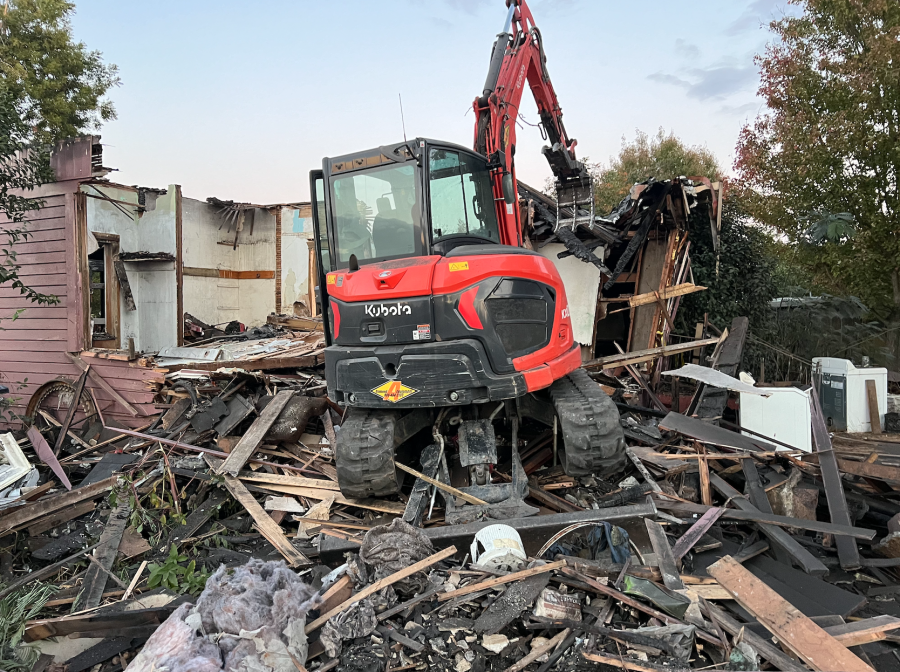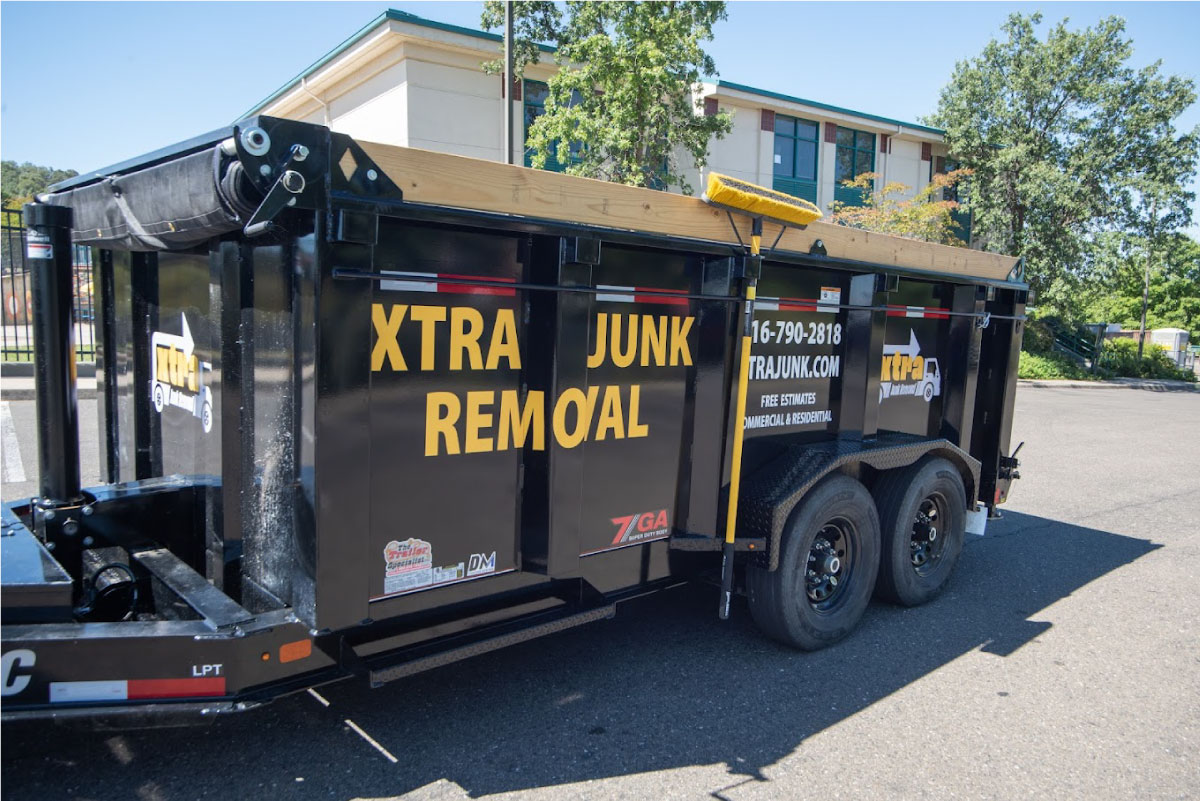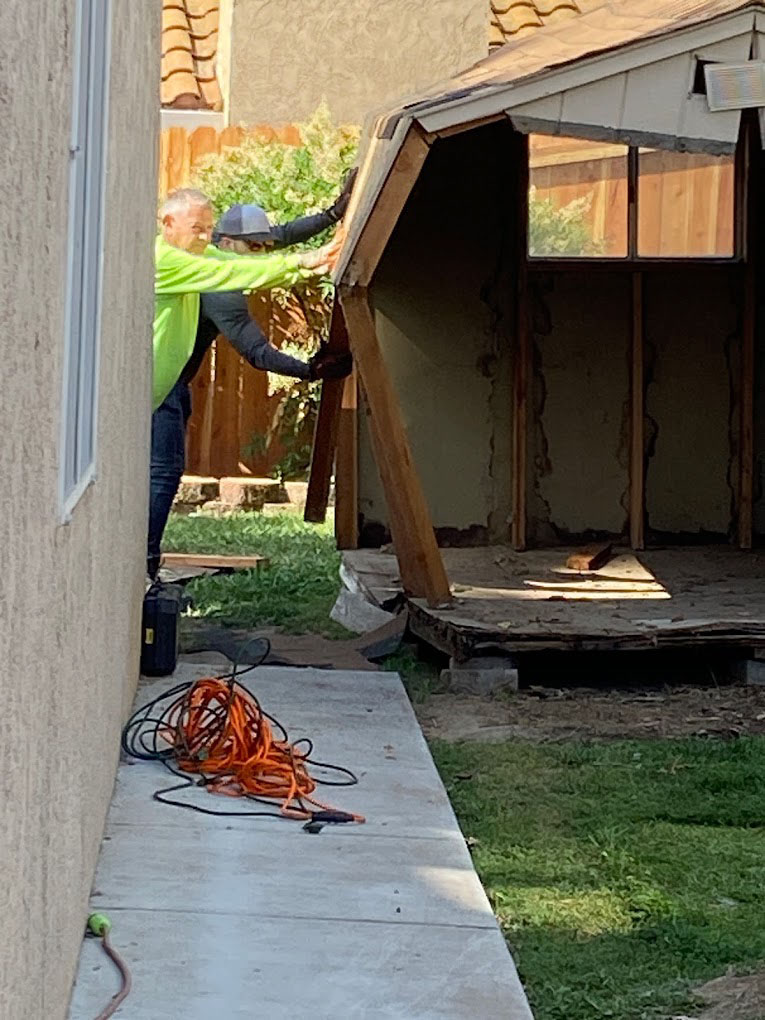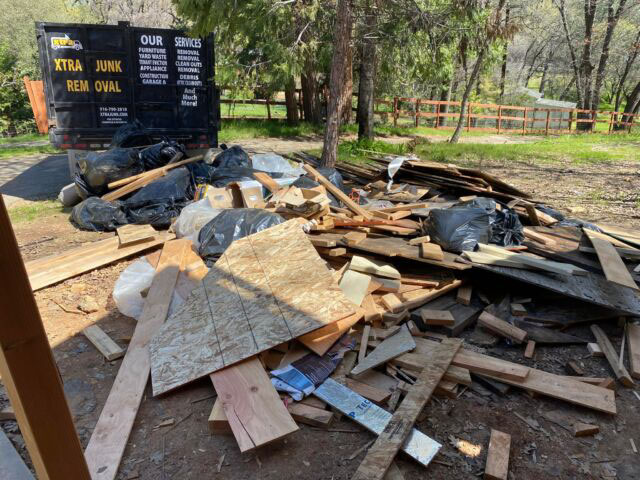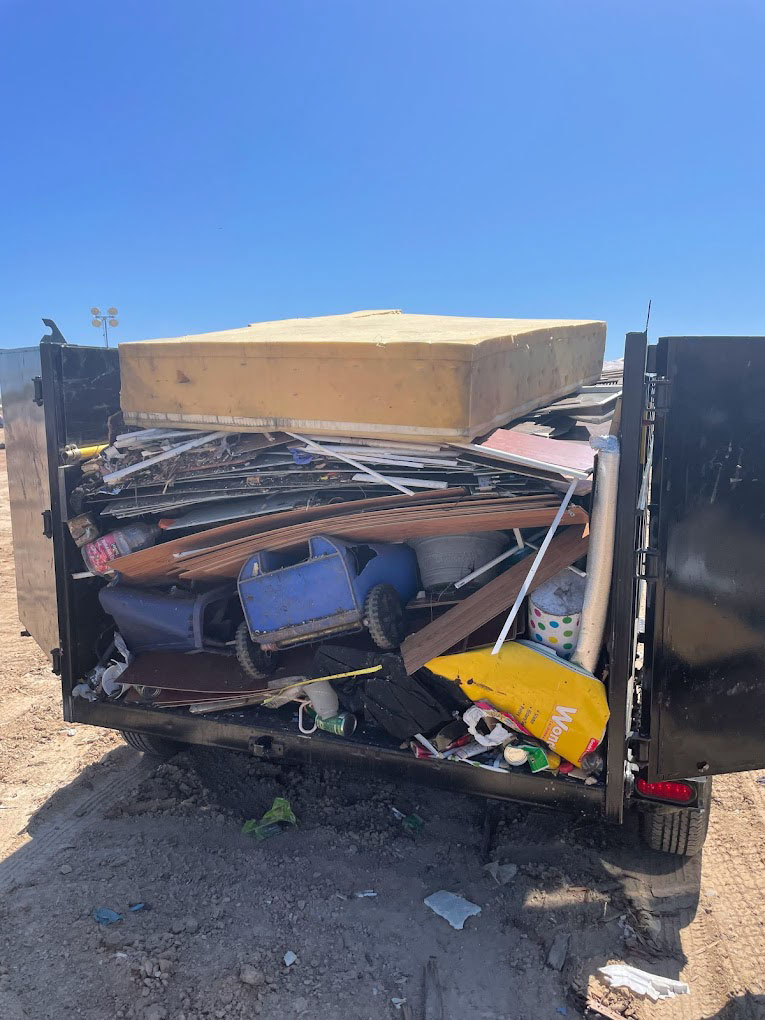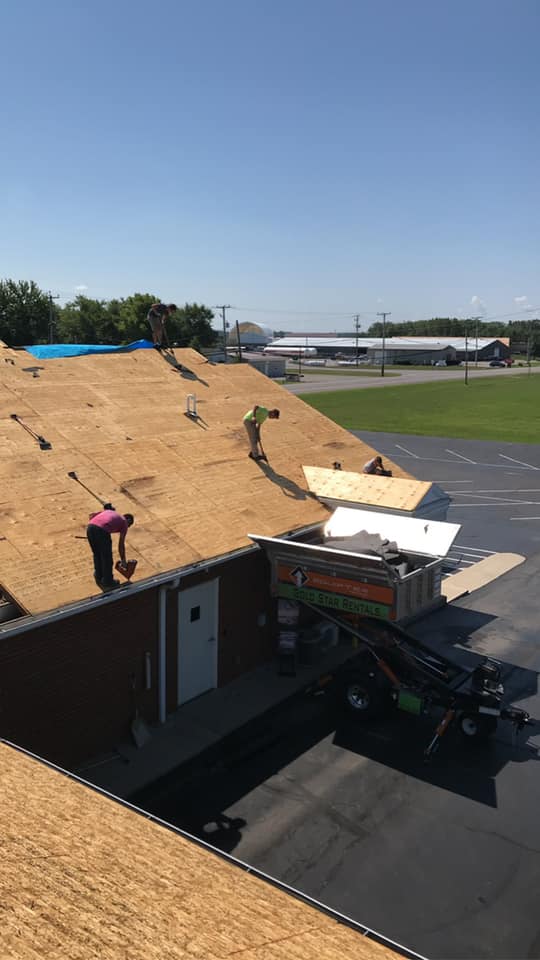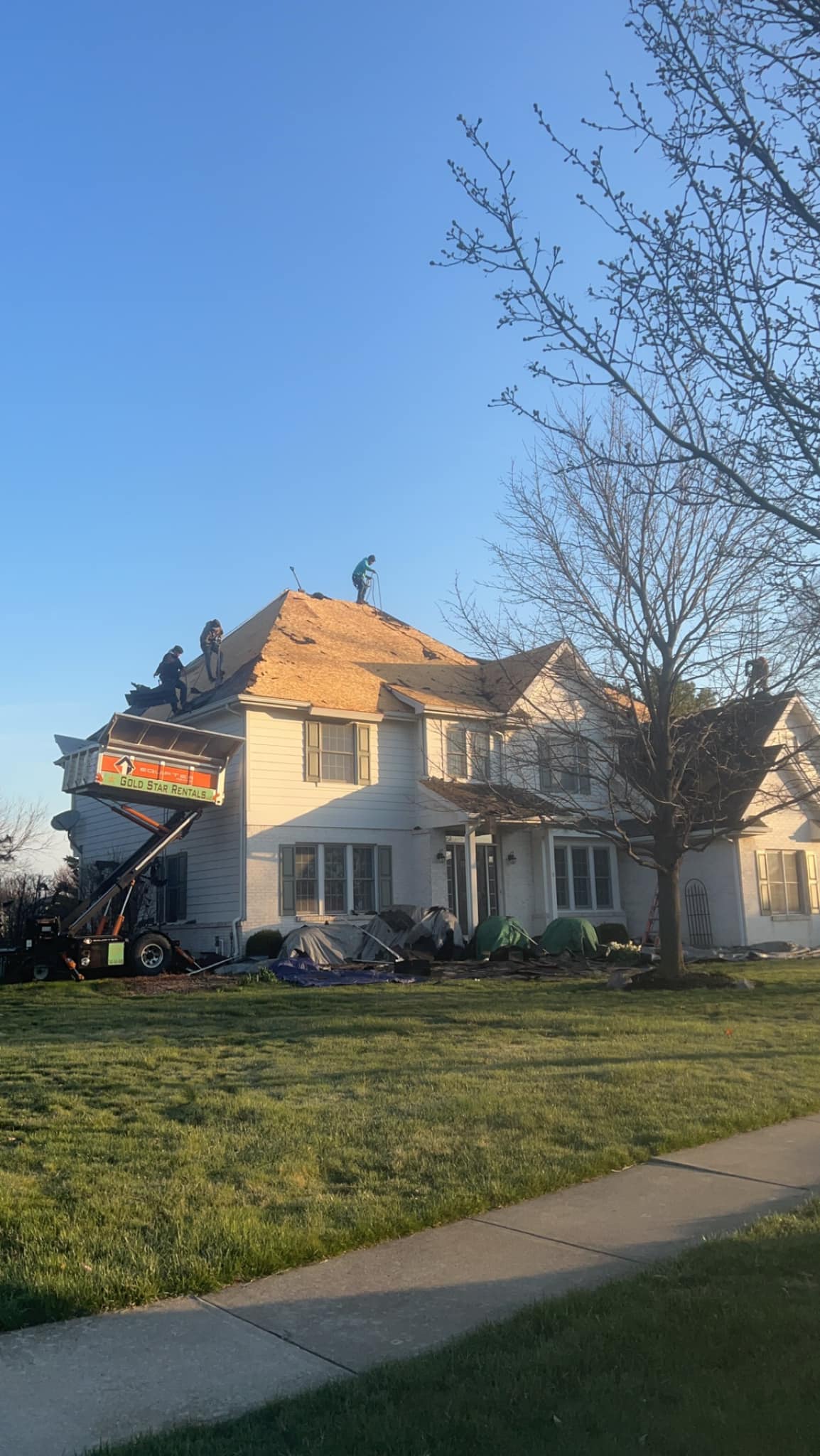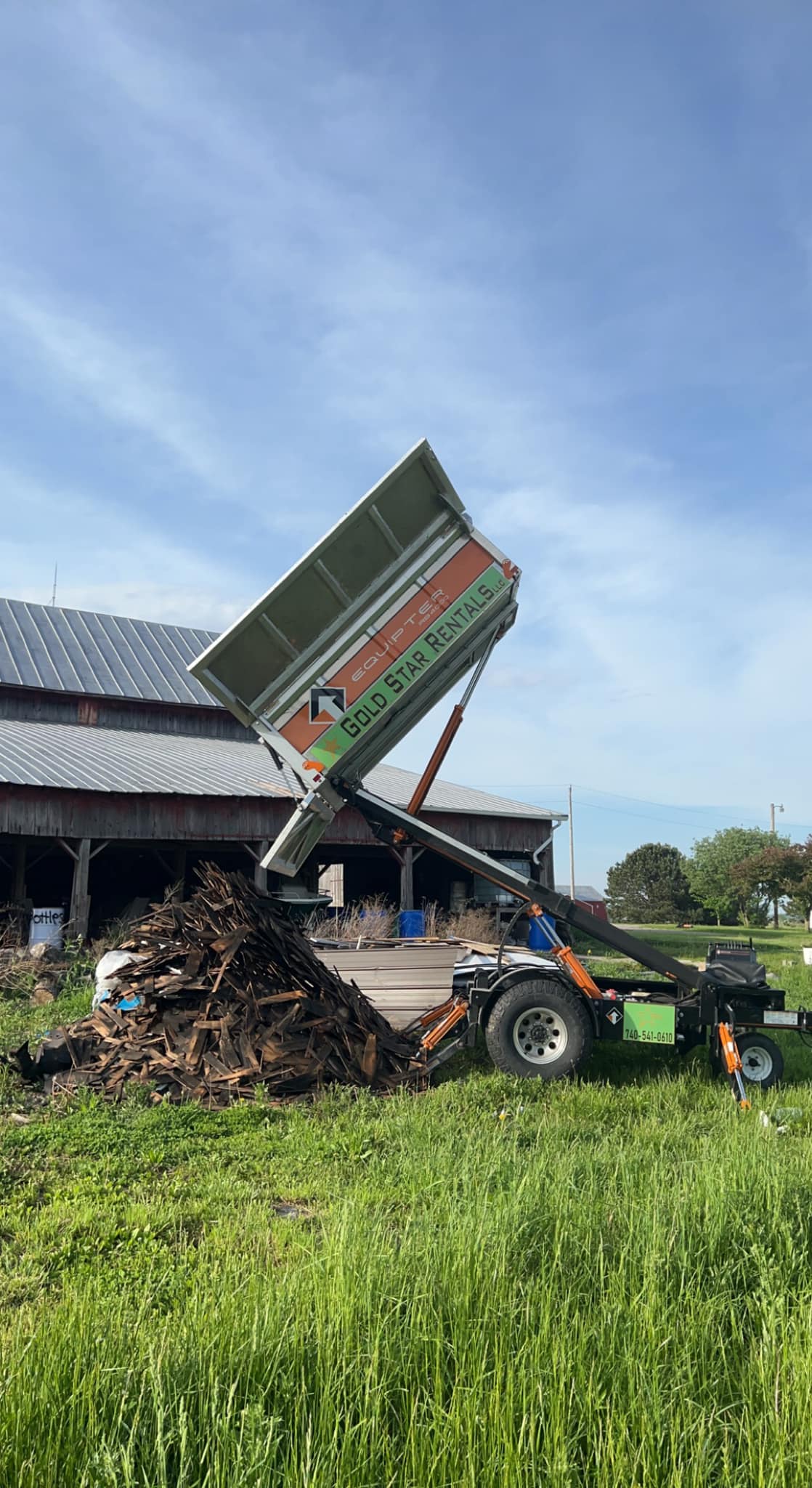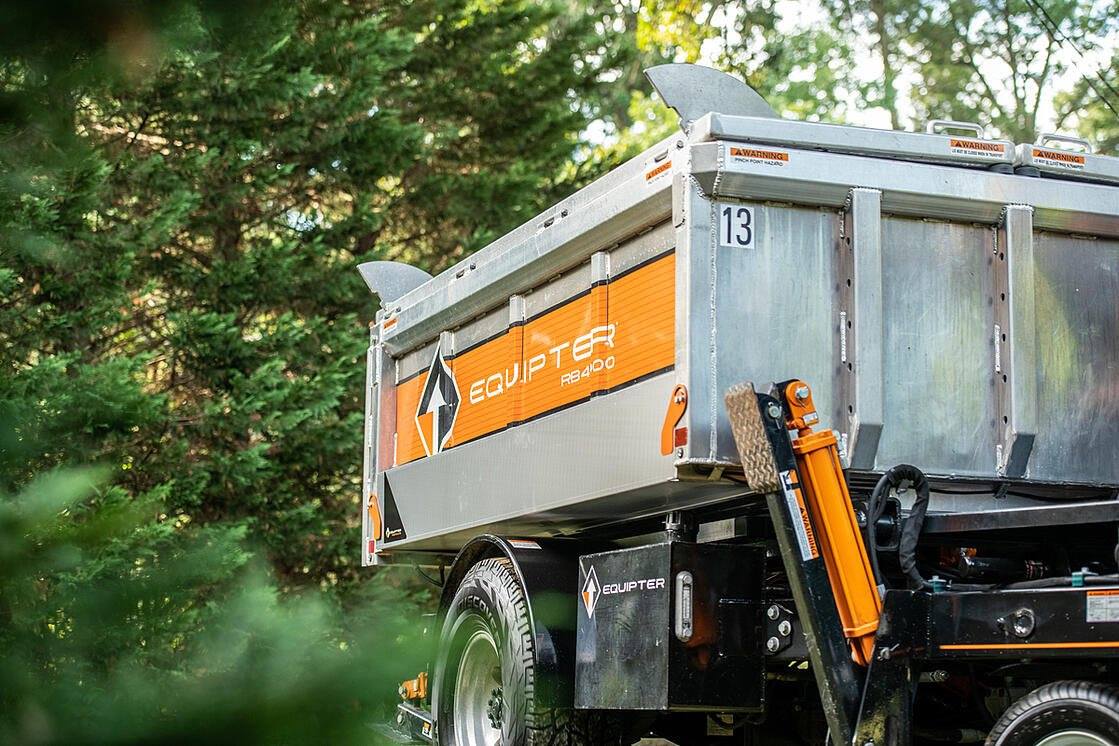Demo Patrol LLC
Demo Patrol LLC is a licensed, family-owned and operated demolition contractor that specializes in the removal of oil tanks. We are proudly environmentally conscious and... more
Xtra Junk Removal
Xtra Junk Removal offers demolition and junk removal services in the Sacramento area that are quick, reliable, and reasonably priced. Whether you need us to... more
Gold Star Rentals LLC
Gold Star Rentals LLC is proud to offer a wide range of residential demolition services, like house demo, garage and shed demo, concrete removal, interior... more
All Cal Demolition
All Cal Demolition is based in Sacramento, California and serves surrounding areas, including residential and commercial customers. They specialize in demolition and excavation, but they... more
Sterling P. Holloway, III, Inc.
Based in Auburn, CA , Sterling P. Holloway III Inc. is a licensed, family-run business equipped to take down residential and light commercial buildings, pools, bridges,... more
Joe Vicini Inc
Specializing in demolition, excavating, paving, and more, Joe Vicini, Inc. knows how to handle residential and commercial projects of all shapes and sizes throughout Placerville,... more
A & J Construction
Since 2003, A&J Construction has been providing concrete work and Bobcat services of all kinds to service Colfax, California and surrounding areas. We service... more
Power Junk Removal & Hauling LLC
Power Junk Removal & Hauling LLC specializes in junk removal and demolition services. We work hard on providing the best possible experience for all our... more
Nearby Places for Tank Removal
Tank Removal Tips for Cool, CA
Why is it important to have an oil storage tank removed?
Virtually all tanks have the ability to leak.
Some of the most common reasons tanks leak include:
- Lack of proper maintenance or routine inspection
- Decay or frost shift
- Overfilling of tanks
- Leaky fittings
- Lines are accidentally severed
Keep reading: Removing an Oil Tank? Start Here.



